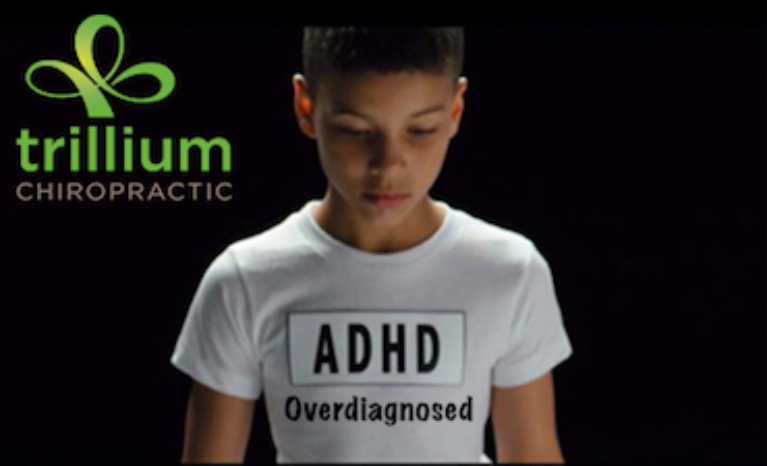Alarming numbers of children are being diagnosed with Attention-Deficient/Hyperactivity Disorder (ADHD) these days. A CDC survey completed last year found an estimated 6.4 million children ages 4 to 17 had been diagnosed at some point, a 53 percent increase over the past decade. [i]
Doping these children with dangerous, mind-altering medications like Ritalin is common practice. The increase in use of ADHD drugs is astonishing with a twenty-fold increase in the consumption over the last 30 years. In 2012, four million children and teens in America were taking Ritalin. [ii] To increase the market drug companies have now expanded their focus to adults. A recent New York Times article underlined the number of prescriptions for ADHD drugs “for adults ages 20 to 39 nearly tripled between 2007 and 2012.” Today, America is responsible for approximately 90% of worldwide consumption of Ritalin.[iii]
Medications will treat the symptoms of the condition, and will possibly work faster than a natural method, but they are not addressing the root causes. And the possible dangers of these drugs should not be taken lightly. The psychoactive drug Ritalin is classified alongside cocaine and morphine because it is so highly addictive. Other side effects include anxiety, depression, heart palpitations, suicidal thoughts, seizures…the list goes on. Seems the risks are far outweighing any perceived benefits.
ADD and other behavioral symptoms are things that can be controlled without the use of dangerous medications. These are symptoms indicating that your body is not functioning properly. If you or anyone you know is struggling with ADHD, here are some great action steps.
1. Check their nervous systems! The concept is simple. If the child has pressure on nerves in their spine, it will cause symptoms.
2. Supplement with Cod liver oil and B-complex vitamins
3. Incorporate a grain and sugar elimination diet
4. Boost physical activity and exercise
5. Create a routine
6. Reduce “screen” time to less than an hour a day
[i] Center for Disease Control and Prevention
[ii] http://www.nytimes.com/2013/12/19/opinion/an-epidemic-of-attention-deficit-disorder.html
[iii] United Nations Report 1999










Connect With Us